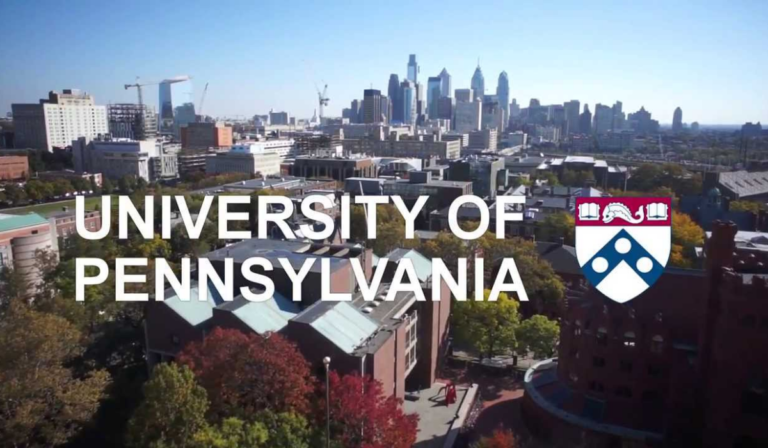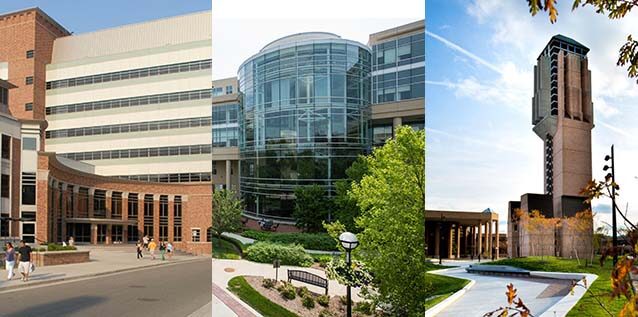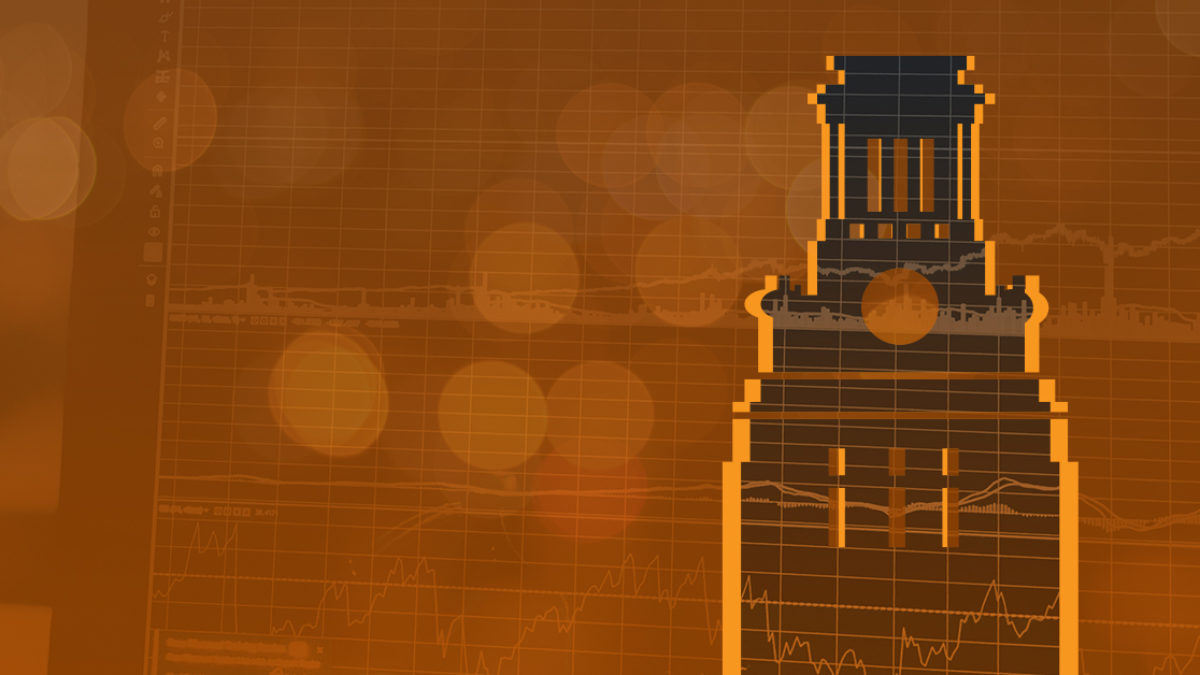
Congratulations! You have successfully aced your entire MBA application process. Now there is only one last hurdle remaining, that is your interview!
We understand you do not want to miss any mark to make it to your dream business school.
So you have decided to give it a shot to mock interviews. But are not really sure how to do them? Relax! We have your back with our comprehensive ten steps guide that will cast away all your lingering doubts and give you a clear understanding of how to prepare it right!
How to Conduct a Mock Interview?
Who does not want to get selected for a business school they have been eyeing for years? In short, everyone! After all those sleepless nights spent studying hard for this day to come, you cannot resist anymore expressing how passionate you have always been about pursuing an education here.
But hold your horses! Do not get too overwhelmed. There is a possibility of getting either too excited or too nervous on your interview day. This unpredictable reaction can majorly jeopardise the chances of your enrollment. And that’s where mock interviews come to your rescue.
They will help you know the do’s and don’ts of the interview and give you a boost of confidence to get ready for your D-day.
So check out these ten valuable tips on how you can leverage your mock MBA preparations!
Choose Your Mock Interviewer
Whether you are staying in student housing in London or student accommodation in Coventry, you can always ask your roommates, friends, college professors or your mentors to be your interviewers. However, it is preferable to ask someone in the same industry or a senior professional who has expertise in interviewing candidates for MBA.
Moreover, If possible, try to give your mock interview in the presence of multiple people as it will teach you how to analyse various viewpoints and manage different mindsets altogether.
Choose a Perfect Interview Setting
Depending on the mode of your MBA interview schedule–online or in person, arrange your mock setup accordingly. Set a date and ask your interviewer nicely to be present on it.
Recreating the professional setup lets you be comfortable on the interview day and focus on the conversation rather than dealing with the bouts of anxiety.
Dress Smartly!
We have all grown up hearing, on many occasions, ‘Your first impression is the last impression’. Indeed it is, and you must make the most out of it. Ensure it by dressing up smartly in formal attire.
It is essential for mock interviews, too, as your interviewer can give you feedback on your outfit, mannerism, body language, and anything you need to improve on.
Carry your Documents
Take your resume, work portfolio, academic certificates, and any other important document that would be necessary for the interview. There is no fixed pattern for interviews; everyone conducts their own way– it can be a quick one or an hour long.
At any given point, your interviewer might need to cross-check what you claim or simply want to take the conversation forward by evaluating your credentials. So it is advisable to carry all the mandatory documents in your mock interview to practise any counter-question or show anything that you can be asked for.
Come Early
It will ensure you form a habit of coming on time for your main interview. Sometimes, we fail to comply with our schedule and run late for important events. So to avoid any last-minute faux pas, it is better to practise it beforehand.
Maintain your Calm
We know how much you have been dreading this interview but unnecessarily stressing out will only worsen it.
Every interviewer prefers a candidate who is self-composed and confident. So you have all the time in the world to calm your nerves down by giving multiple rounds of mock interviews until you feel comfortable with them.
Master the Basics!
There are some inevitable questions that you cannot evade whatsoever. So practising them before is the only plausible thing to do.
They can be: Why did you choose this major? Or What are your strengths and weaknesses?
Practising them on repeat in your mock interviews helps you to memorise the points you need to put across and polish every word to give your best possible answer.
Remember, the interviewers are experienced people. They can tweak these simple questions to get your authentic self out. So instead of asking, ‘Tell me about yourself ?’ They can frame it like ‘How would your friends describe you?’ The crux of the question is the same; only the arrangement of words will be different.
Learn to Answer Impromptu Questions
Had an MBA interview been so easy, everyone would have passed it, right! That’s why there are multiple ways to assess a suitable candidate, and one such route is asking impromptu questions. They are random, and some of them are bizarre, which are not at all related to your academic experience.
These are specifically asked to keep the students on their toes and evaluate their thinking abilities on how innovatively they can answer.
So don’t forget to ask your mock interviewer to prepare a list of such questions to practise them.
Speak about your Accomplishments
We know you are a bright young mind who has done many great things in life. And this is the perfect time to flaunt them all.
- Talk about the internship you did last summer, how you managed to get into the top 10 students in your class, or how passionately you have been involved with an NGO for over a year.
- Talk about all your achievements and works, no matter how small but significant to the interview. Praising yourself is not a bad thing, but it helps you create a solid personal brand.
Record and Review your Performance
The final step is to record your interview and evaluate yourself. It is as valuable as the feedback given by the mock interviewer. Besides making notes during your mock interview, you should also examine how you did in the discussion.
So while sipping a cup of coffee in your student accommodation in Birmingham, pick a piece of paper and write down all the minute details like your tone, your body language, your communication skills, and more to provide yourself with a clear picture of where you need to improve and work hard.
Take as many mock interviews as you want until you feel confident enough to sit for your MBA interview. As the old saying goes, ‘Practise makes a man perfect!’ Thus, it will help you to sharpen your skills further and keep you in the right mindset.
Your dream business school is only one step away, and you have to leave no stone unturned to reach your goal. With the proper guidance and perseverance, you can achieve it. All the best!
How can Amberstudent help you?
AmberStudent serves millions of students worldwide by providing the best options and rewarding experience for booking a house. We are upgraded with the latest COVID protocols and would be delighted to assist you in booking your ideal home. Check out our Instagram and Facebook to stay updated.
Author: Harshita A (Content Writer at AmberStudent)

Harshita A, a postgraduate in English Journalism and a graduate in Hotel Management. She has worked in diverse industries and with people from all walks of life. Her well-rounded experience sparked her curiosity in constantly learning new things about the world and led her to write passionately about them.















